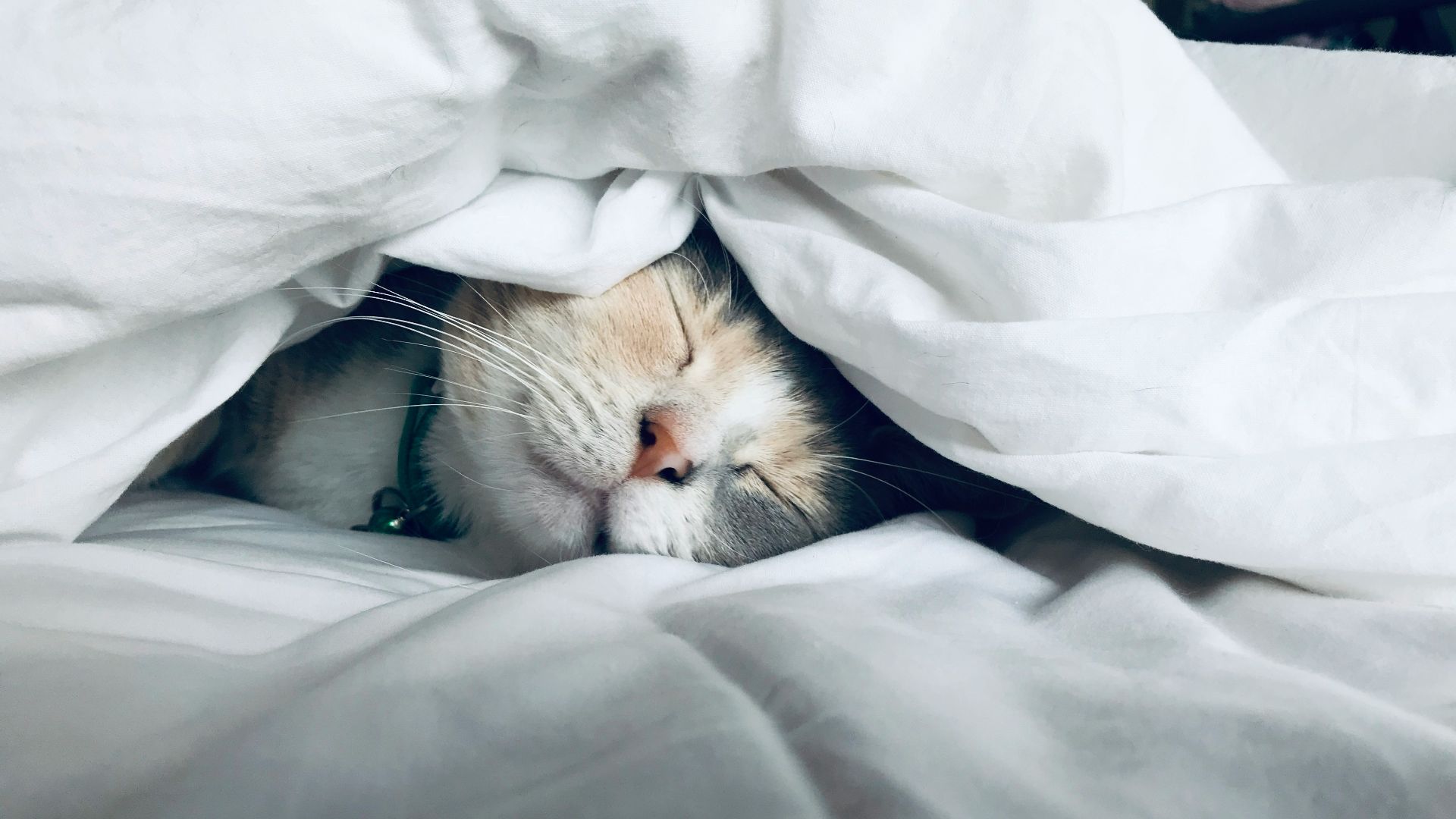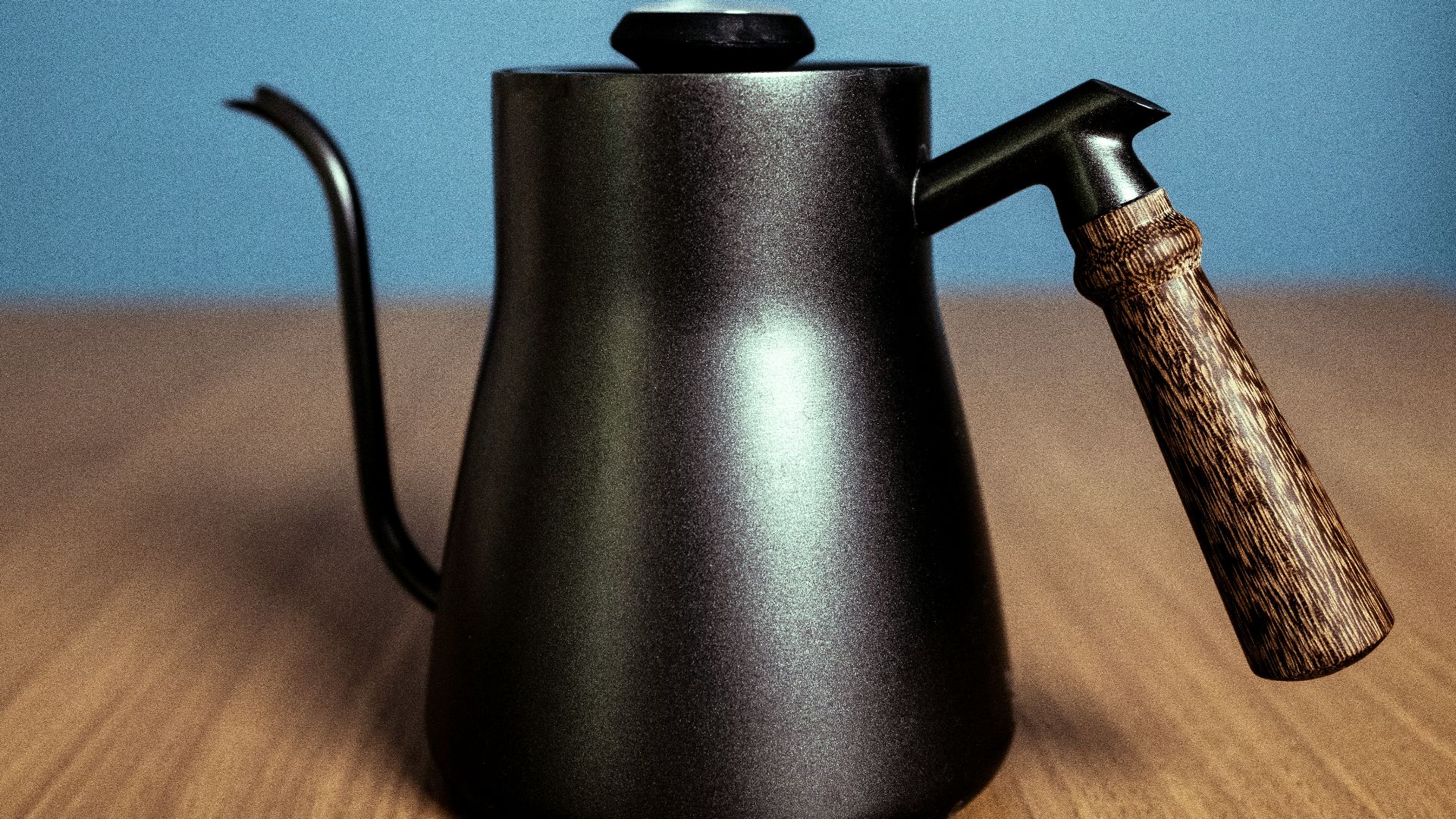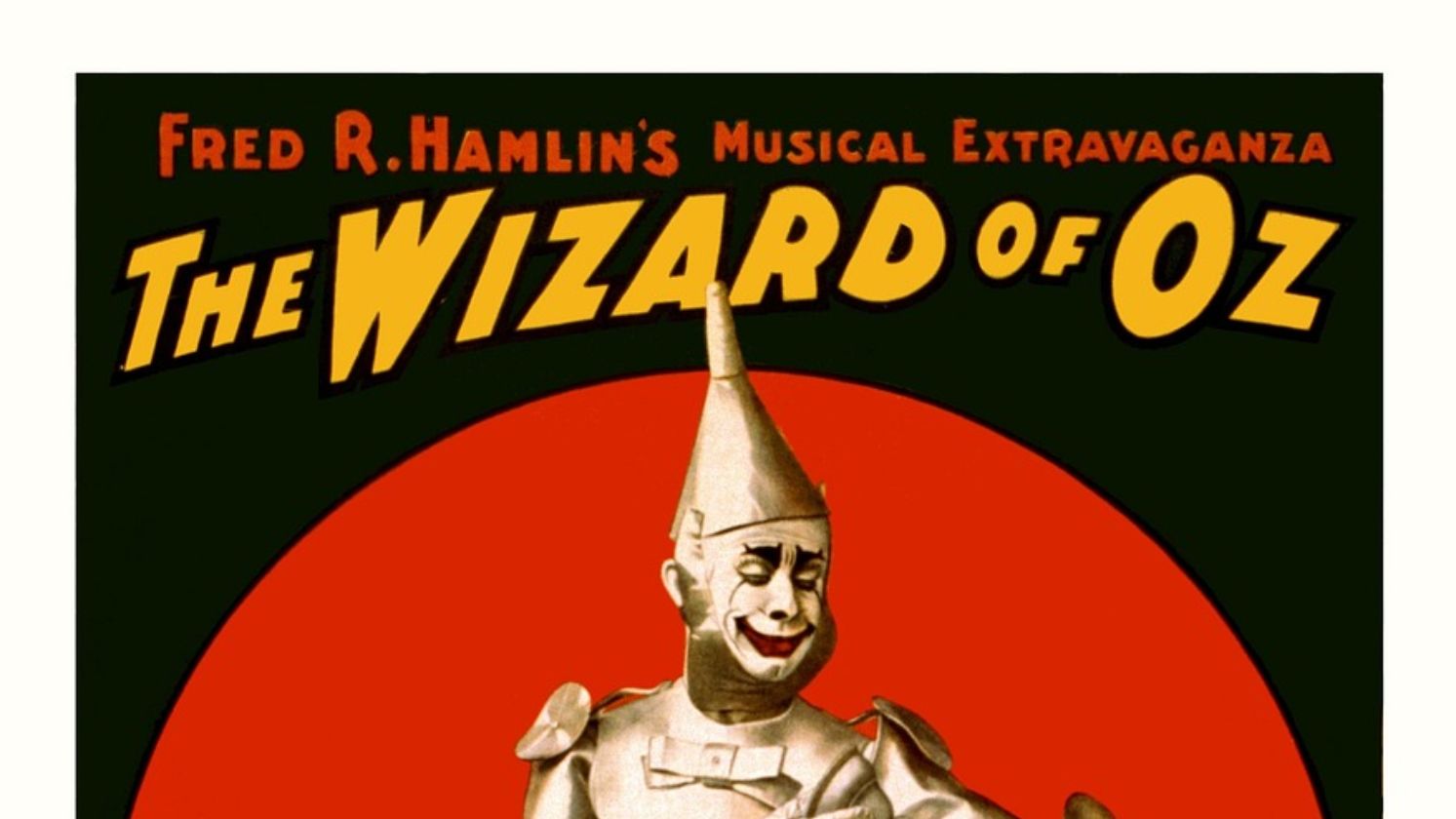Old-School Sayings That Have Remained Popular
You might not realize it, but many of our everyday conversations include old-school idioms—expressions that have been passed down for centuries. From "over the moon" to "hit the hay," you probably say these more often than you think. But what do they really mean, and where did they come from? Here are five classic sayings you still use regularly—along with their origins.
 Kate Stone Matheson on Unsplash
Kate Stone Matheson on Unsplash
1. "Over the Moon."
When you're "over the moon," it means you're extremely happy, thrilled, or ecstatic about something. The origin of the expression seems to come from an old nursery rhyme called "Hey Diddle Diddle," where one line goes, "the cow jumped over the moon."
2. "Hit the Hay."
When we say "hit the hay," we mean going to bed. Why? Because once upon a time, back in the 19th century, mattresses were often stuffed with hay or straw. So, when you're ready to turn in for the night, you "hit the hay"!
3. "The Pot Calling the Kettle Black."
The earliest appearance of this expression seems to trace back to a 1620 translation of the Spanish novel Don Quixote. The meaning? When someone calls out someone else for a fault that they, too, also have.
4. "The Whole Nine Yards."
The origin of this old-school saying is fuzzy, though some trace it back to World War II, where American airmen had passed the expression around in reference to ammunition supply. Wherever the idiom came from, saying "the whole nine yards" means to give something everything you've got.
5. "Like a Broken Record."
You can probably already guess the origin of this saying. During the era of vinyl records, a scratch or groove in the disc could prompt the needle to get stuck and play the same segment over and over. Thus, "like a broken record" means repeating something to the point of annoyance.












